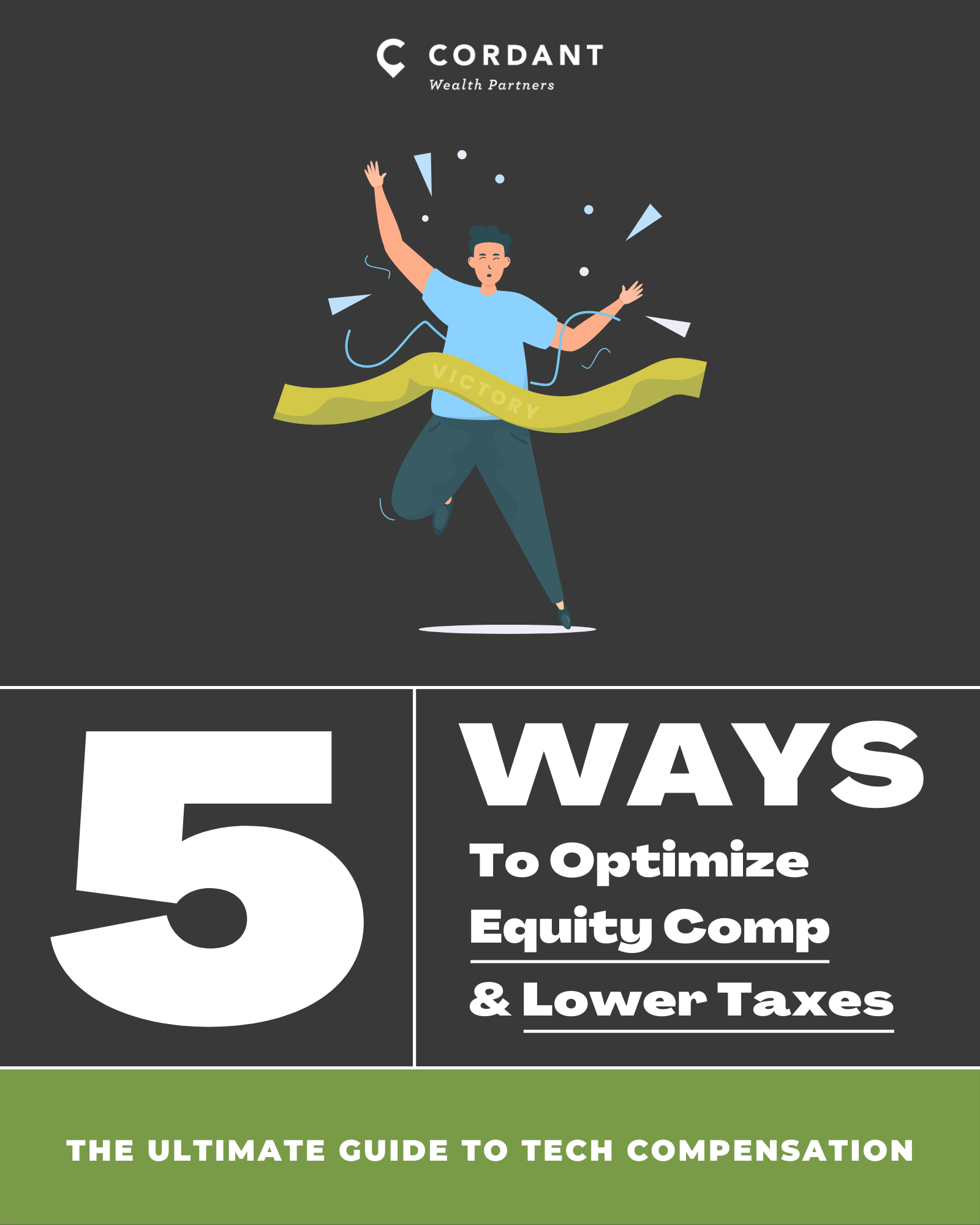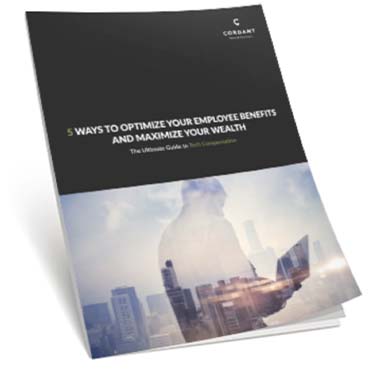At first glance, a performance-based fee structure does seem to make sense. Incentivizing your advisor to maximize returns has some apparent advantages.And after all, why should you pay a fee when your account is down?
Accountability to results is a big part of what we believe here at Cordant. But there are a few reasons why we don’t charge our clients in this way, and why we recommend you don’t pay a performance-based fee to your advisor.
1. Performance-based fees encourage excessive risk taking.
Under a performance-based fee strategy, your advisor is rewarded for making the highest returns possible. This may seem like a good thing—however, it usually involves an increase in the level of risk in the portfolio.
While your account value is subject to both positive and negative returns, the advisor under a performance scheme has a worst-case outcome that is capped at zero while having an upside that is unlimited.
As such, a performance-based fee system causes a misalignment of incentives. By paying for performance, you are encouraging them to increase risk—potentially taking on more than you need to achieve your goals, or more than you’re comfortable with.
2. Wealth management is more than just investing.
Another reason it doesn’t make sense to pay incentive fees to a financial advisor is that true wealth management is more than just investing. A successful investment strategy (and subsequent positive financial outcomes), is best achieved through a process of goals and objective discovery (creating clarity), financial planning and resource alignment (creating confidence), and a robust reporting system (creating accountability).
In order to achieve overall financial health, most people need help with retirement analysis, estate planning, insurance analysis, education funding, charitable giving, and social security analysis. These can’t be measured through your investment performance—and yet they are highly important to your financial success. Paying an incentive fee shifts focus away and can lead to the neglect of these items.
And neglecting these things could have a major effect—imagine the ramifications for your family if you are underinsured, or if your estate gets distributed to the wrong beneficiaries.
We find that most people find it most financially fulfilling to get the planning and investing right—versus solely the latter.
3. Advice is critical during up AND down markets.
Unless you are investing with Bernie Madoff (and we know how that worked out) the market and your investments do not always go up. Investments go up over time but have up years and down years. And it’s actually the down years where a good financial advisor adds a lot of value.
Why? Because maintaining your investment strategy, especially when things get difficult, is critical to achieving long-term financial success. Multiple studies of investor behavior have revealed that most people cost themselves money by making poor decisions regarding the timing of their investments. For instance, in early 2009 (after a down period for the markets), money was pouring out of stock funds. In hindsight, this turned out to be a great time to be buying stocks.
Vanguard conducted a study of self-directed investor behavior during the tumultuous period in global financial markets between 2008 through 2012. The study found that investors who maintained their strategy over the period (no exchange or trades) performed nearly as well as their benchmark. However, investors that varied their strategy over the period (made at least one exchange or trade) trailed the benchmark by an average of 1.31% over the period.
It’s often the down markets when an advisor can provide the most value, by keeping you on track with your financial goals. Your advisor can help you set up your portfolio so you have peace when the financial storm arrives—and don’t have to gut it out or panic in the midst of the storm. Therefore you should seek to pay them for their advice when the markets are going up and down.
Click here for disclosures regarding information contained in blog postings. Cordant, Inc. is not affiliated or associated with, or endorsed by, Intel.


